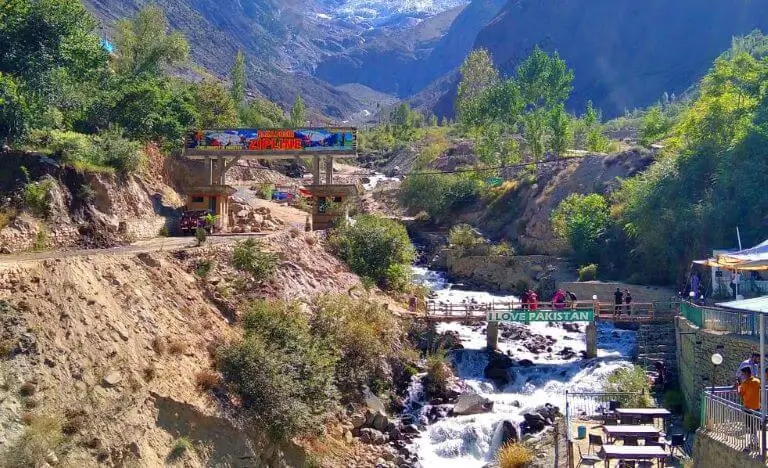Pakistan has a rich history of agriculture and forestry. However, in recent years, the ecosystem has come under significant threat from deforestation, unsustainable farming practices, and climate change. To ensure a sustainable future for Pakistan, it is imperative to prioritize environmental protection, including tree preservation and promotion of sustainable farming practices.
Trees are essential components of our ecosystem. They provide air purification, carbon sequestration, and soil conservation. Trees play a crucial role in maintaining a healthy and balanced ecosystem, and without them, our ecosystem will struggle to support the agricultural sector.
Deforestation has been a significant issue in Pakistan, with the country having one of the highest deforestation rates in Asia, according to the World Bank. Deforestation not only leads to a loss of biodiversity but also contributes to climate change by releasing carbon dioxide into the atmosphere. Moreover, deforestation contributes to soil erosion, which can have devastating consequences for the agricultural sector.
Deforestation causes biodiversity loss, contributes to climate change, and leads to soil erosion with devastating consequences for agriculture.
To address deforestation, it is essential to plant more trees. The government of Pakistan has launched numerous tree-planting initiatives, including the Ten Billion Tree Tsunami project, which aims to plant ten billion trees by 2023. However, it is also crucial to protect and maintain the trees by guarding them against illegal logging, grazing, and other harmful activities that can damage the ecosystem.
In addition to preserving trees, sustainable farming practices are also crucial for the health of our ecosystem. Sustainable farming practices prioritize soil health, water conservation, and biodiversity. By adopting these practices, we can cultivate healthier and more sustainable communities while preserving our environment.
Crop rotation is one such sustainable farming practice. It involves rotating crops between fields to avoid depleting the soil of nutrients. This practice also helps control pests and diseases, reducing the need for harmful pesticides and herbicides. Additionally, intercropping, which involves growing two or more crops in the same field, can help reduce soil erosion and improve soil fertility.
Conservation tillage is another sustainable farming practice. This practice involves leaving the crop residue on the field after harvesting, rather than tilling it into the soil. Conservation tillage helps conserve soil moisture, reduce soil erosion, and improve soil fertility. Moreover, it can help sequester carbon, which can mitigate the effects of climate change.
Sustainable farming practices prioritize soil health, water conservation, and biodiversity for healthier and more sustainable communities.
Apart from sustainable farming practices, it is essential to address the impacts of climate change on the ecosystem. Climate change is already having significant impacts on the ecosystem, including increased temperatures, changes in precipitation patterns, and more frequent extreme weather events. These impacts can have significant consequences for the agricultural sector and the economy as a whole.
To address the impacts of climate change, it is essential to mitigate greenhouse gas emissions. This can be achieved through a combination of measures, including reducing fossil fuel consumption, promoting renewable energy, and improving energy efficiency. Additionally, it is essential to adapt to the impacts of climate change, such as by improving water management practices, developing drought-resistant crop varieties, and improving the infrastructure for flood protection.
Protecting Pakistan’s ecosystem is not just an environmental issue, but it is also crucial for economic growth, poverty alleviation, and social progress. Agriculture is a significant contributor to the Pakistani economy, employing around 40% of the workforce and accounting for 20% of GDP. By promoting sustainable farming practices and preserving the ecosystem, we can help improve the livelihoods of rural communities and promote economic growth.
Moreover, protecting the ecosystem can help reduce poverty in Pakistan. According to the World Bank, the rural poor are the most vulnerable to the impacts of environmental degradation. By protecting the ecosystem, we can help ensure that the rural poor have access to food, water, and other essential resources.
Protecting Pakistan’s ecosystem is a crucial priority for both the federal and provincial governments. However, they can’t do it alone. Active citizen participation is necessary to ensure that we protect the ecosystem of the country for the benefit of future generations.








